Lawn and Garden Resources
-

With recent droughts and increased emphasis on water conservation, rainwater harvesting (RWH) has become an important alternative source for outdoor irrigation. RWH is the collection of runoff from roofs during a rainfall event. The water is conveyed through a gutter
system, filtered and stored in a tank for later use. In Georgia, non-potable harvested rainwater can be an alternative water supply for uses such as washing vehicles, landscape irrigation, livestock and wildlife watering, cooling towers and toilet flushing.Frank P. Henning, Gary L. Hawkins, Ellen M. Bauske, and Sheryl Wells
|
-
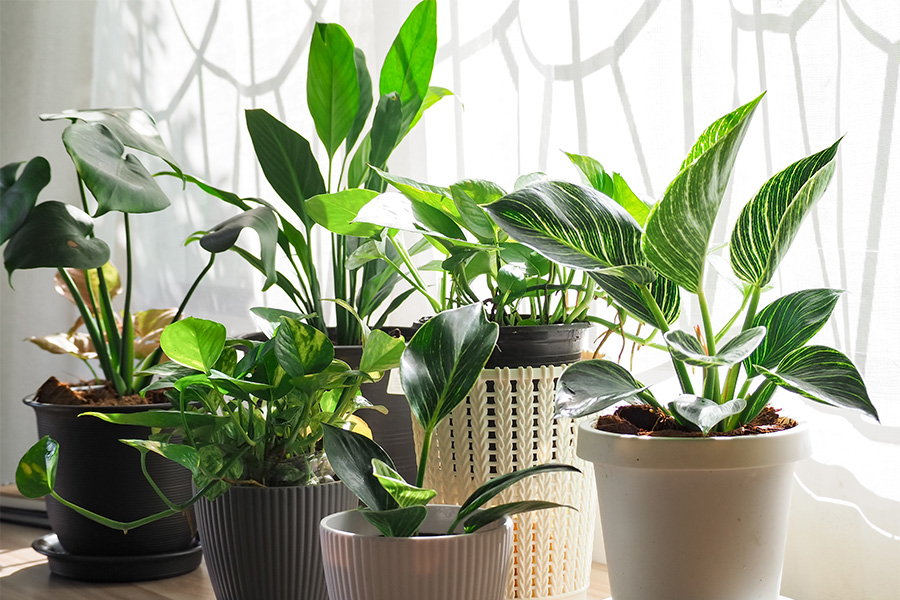
Interior plants are an ideal way to create attractive and restful settings while enhancing our sense of well being. In addition, houseplants can be a satisfying hobby and can help purify the air in our homes. To be a successful indoor gardener, you need to understand how the interior environment affects plant growth and how cultivation differs from growing plants outdoors.
Bodie V. Pennisi
|
-

This for-sale publication describes everything you need to know about designing, constructing and maintaining bermudagrass sports fields. It is available for purchase here: http://www.caes.uga.edu/publications/for_sale.cfm
Clint Waltz
|
-
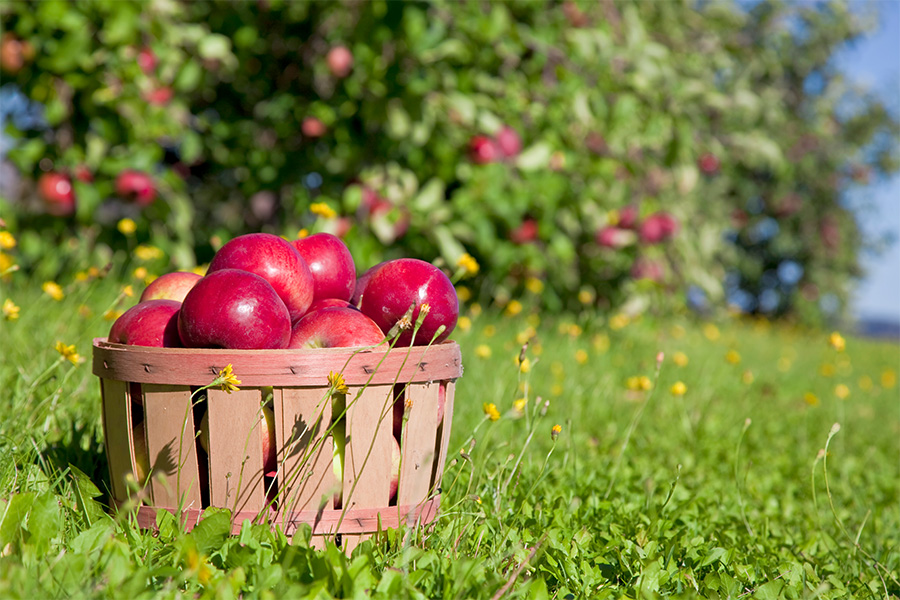
C 740
Home Garden Apples
Learn how to grow apples at home—they are adapted to grow in most areas of Georgia. Although the northern half of the state is best suited for the more conventional apple varieties, you can have success in the southern half of Georgia with adapted varieties.
Bob Westerfield
|
-
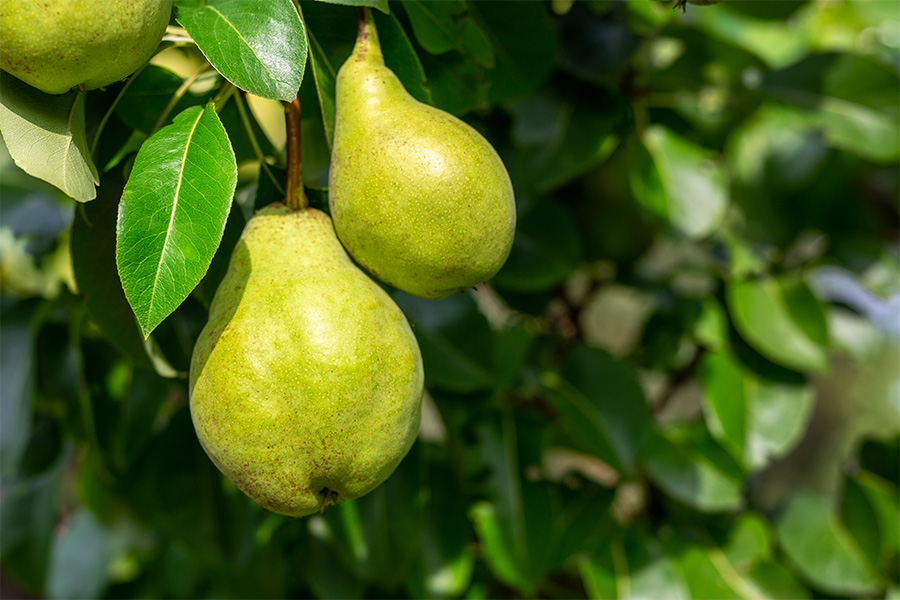
C 742
Home Garden Pears
Find out how to grow pears at home. They are adapted to nearly all of Georgia, and it’s not uncommon to find trees as much as 50 years old that are still producing fruit.
Bob Westerfield, Paul F. Bertrand, and Gerard W. Krewer
|
-
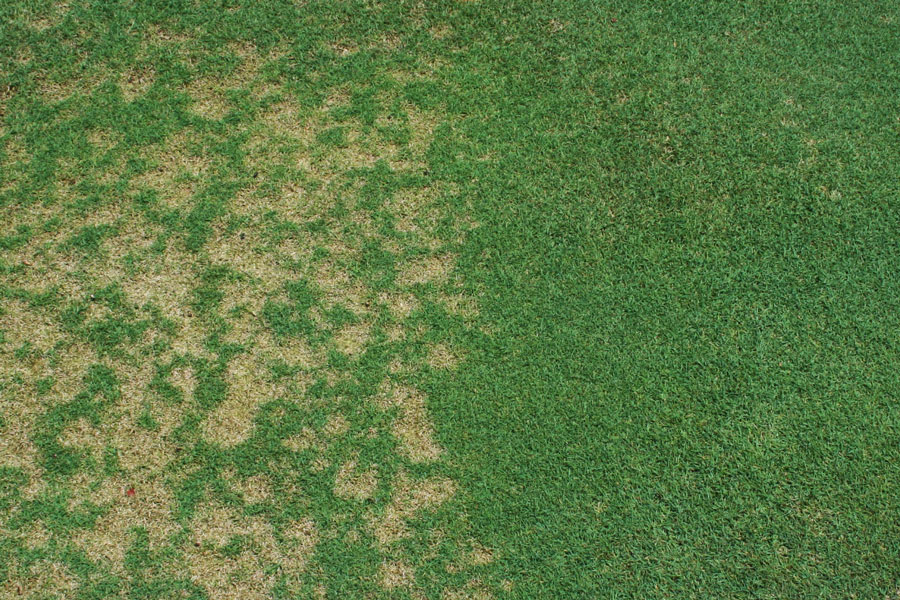
Dollar spot is an ever-present turfgrass disease that affects all warm and cool season grasses in the state of Georgia. The publication contains important information on the biology of the causal agent, detail description of the disease symptoms (aided by high quality-detailed pictures), relevant up-to-date information on conditions favoring the disease, as well as cultural, genetic and chemical methods of control. The publication is intended for turfgrass professionals, consultants, county faculty, homeowners and general public.
Alfredo Martinez, Elizabeth L. Little, Kim Toal, and Brian Vermeer
|
-
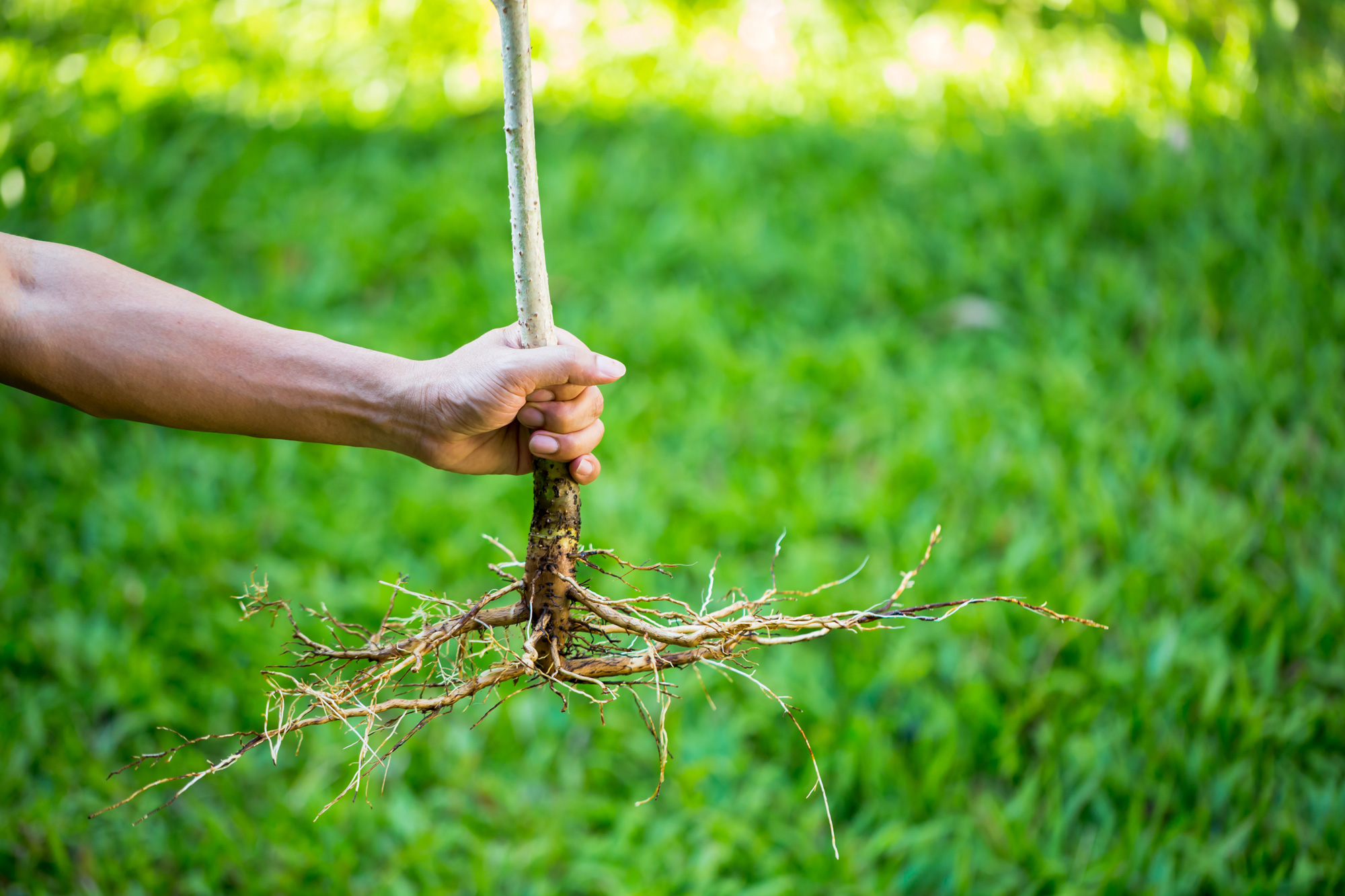
Many fruit trees are purchased as bare-root trees. A bare-root tree is a dormant tree that has no soil or planting medium around the roots. Here are some tips on storing, planting, and caring for your bare-root fruit tree.
Jule-Lynne Macie and Lynwood Blackmon
|
-

C 1014
Home Garden Sweet Potatoes
Georgia is the perfect place to grow sweet potatoes, a long-season crop that has time to grow and mature because of Georgia’s long, hot summers. This resource provides guidance for growing sweet potatoes in the home garden.
Bob Westerfield and Malgorzata Florkowska
|
-
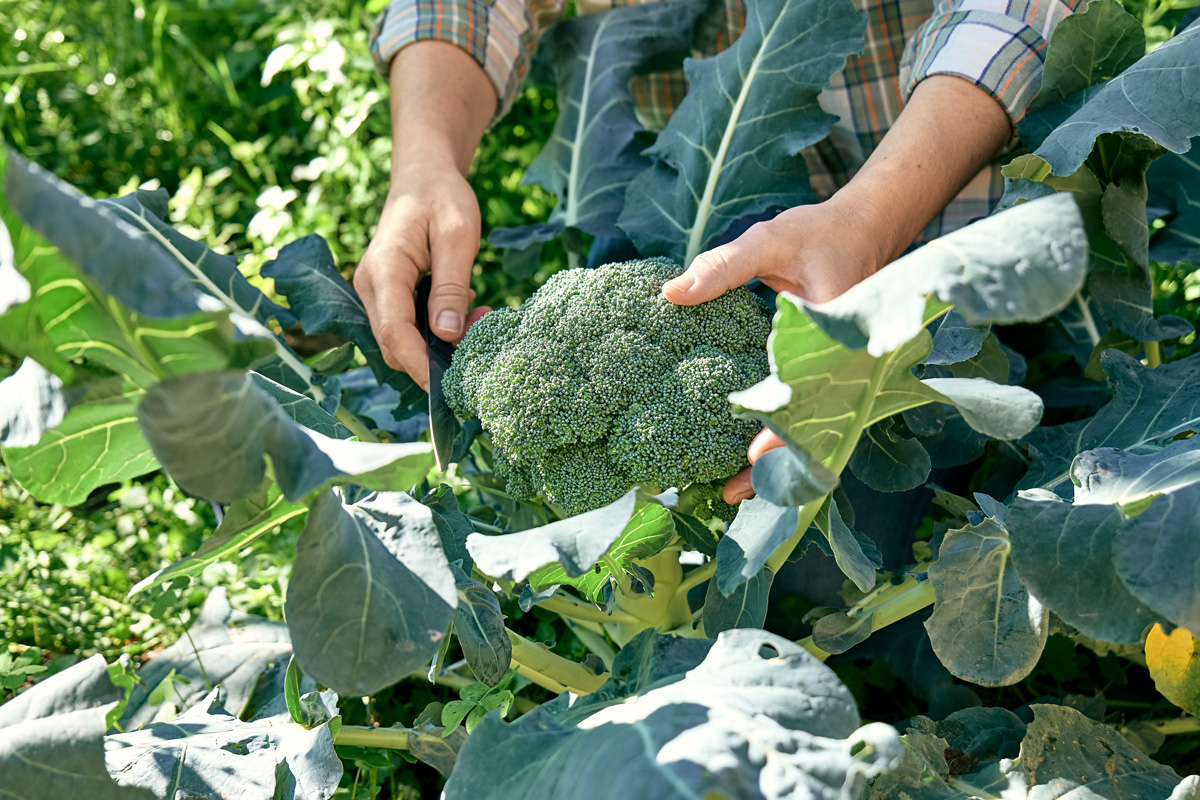
C 1022
Home Garden Broccoli
Learn how to grow broccoli, a cool-weather vegetable that can easily be grown in the garden in early spring or fall. Research shows that plants like broccoli are extremely healthy to eat and have the potential to reduce certain types of cancer.
Bob Westerfield and Malgorzata Florkowska
|